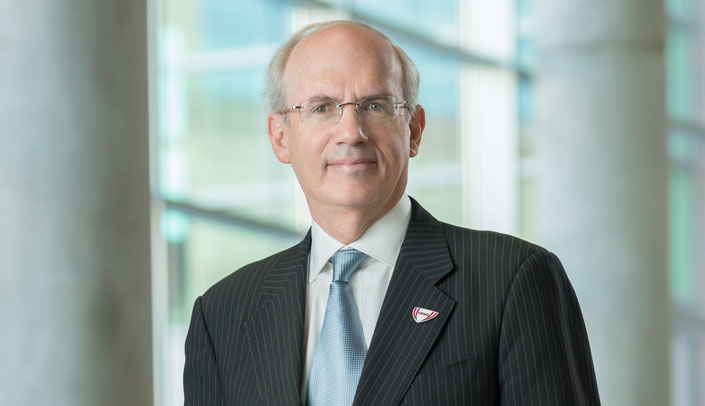UNMC Chancellor Jeffrey P. Gold, M.D., released this message to the UNMC community Thursday:
“We can only succeed in our mission of improving the health of Nebraska and upholding the trust of our patients and community by our commitment to a culture of safety. The people of this state — and our own students, faculty and staff — are counting on us.
“Recent reports of concerning safety lapses at the Centers for Disease Control and Prevention and National Institutes of Health/Food and Drug Administration are an important wake-up call for all research institutions across the nation and world. Our Medical Center has a tradition of clinical excellence, scientific integrity, community service, and outstanding education. However, our critical work can put us at risk in a serious way, especially when we work with deadly pathogens but also in clinical settings we encounter each day.
“We are proud of our safety systems in the management of this risk and the commitment to our patients and science. While UNMC just completed a routine review by the US Select Agent Program of our work with deadly pathogens, our collective safety and well-being continues to be our top concern and responsibility.
“I have asked our leadership team to review our existing processes and procedures, suggest any recommendations to improve laboratory safety, and assure we implement any additional fail-safe or redundant mechanisms. I have also asked that we redouble our efforts to assure a safe environment through meticulous surveillance. Your ongoing input to Peter Iwen, Ph.D., the UNMC Biosafety Officer, providing feedback, and your active involvement are key.
“The overriding culture at UNMC must be a culture of absolute safety. We need to assure a culture of safety against which we must perform ALL our work. A culture of safety recognizes that to err is human, and establishes systems with procedures and protocols that do everything possible so that human error does not ever result in human harm.
“We all need to be part of the culture of safety to make it succeed. A culture of safety encourages reporting of actual and potential situations which may place staff and others at risk, openly assesses those risks, and implements redundant systems to keep risk to the absolute minimum.
“Thank you so much for your continued commitment to our safety.”
